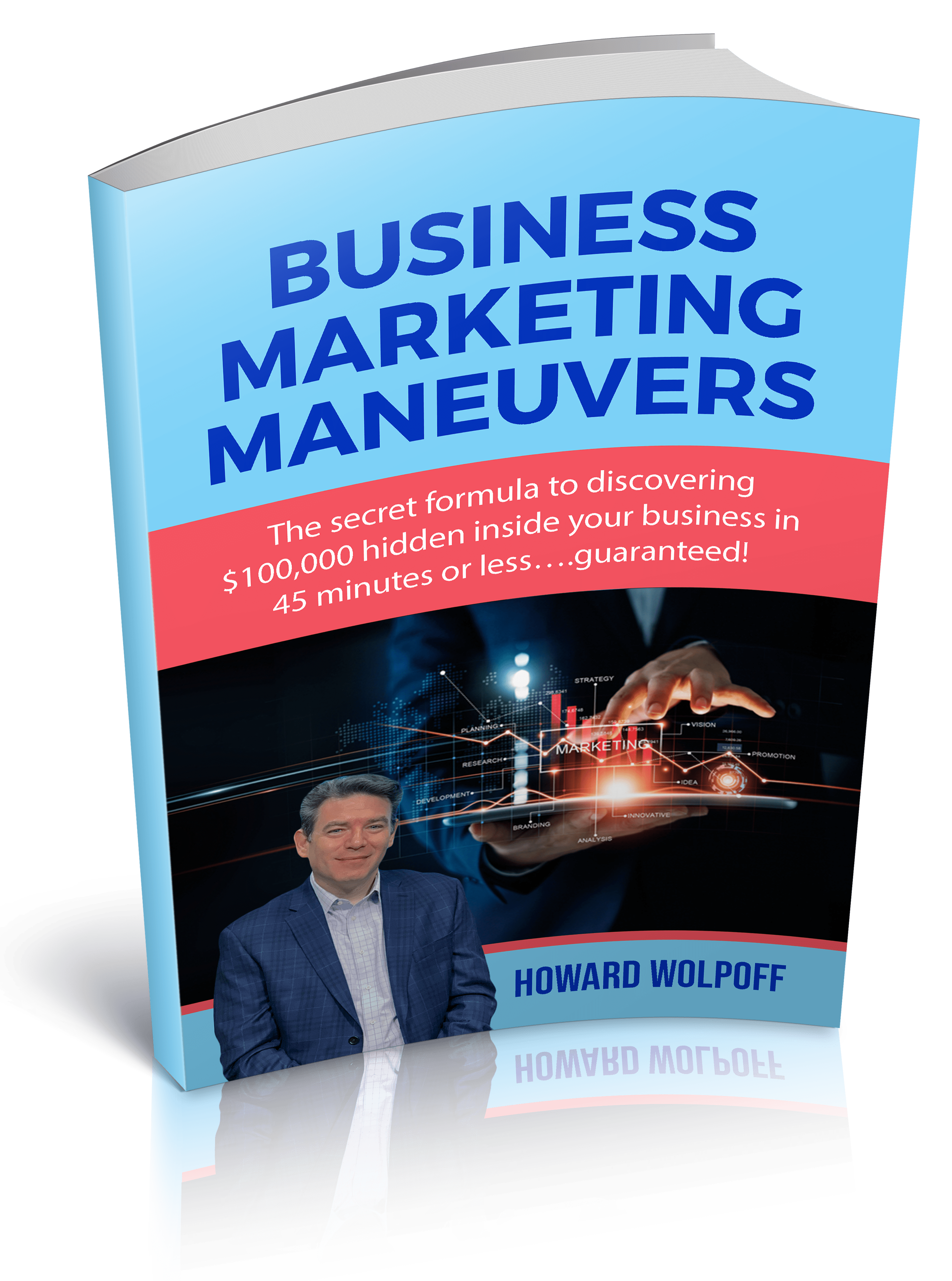We’ve all worked jobs we hated. We were underpaid, underappreciated and bored out of our minds. We either quit these jobs or were fired for poor performance because we just gave up. Instead of taking that approach you need to consider every job an opportunity to learn something new that you can apply down the line to find success.
When you give people the tools they need to come up with unordinary solutions, you are enhancing their lives for the long run. You need to take this approach. What if one of your terrible jobs had been one with no pay at all and you needed to come up with some ingenious ways of making money? I bet you could have found a diamond in that rough. This idea can also be used in your own company.
Now, I don’t recommend going into the next meeting declaring that no one will receive pay anymore, but you can tell them that their potential raises, bonuses and other perks are now dependent on their creativity in ways to enhance business.
Let’s talk about a great concept called financial literacy. This certainly isn’t something they taught you in school, but is still essential to know. So, what is financial literacy?
The old school way teaches people to be good employees and not employers. This mindset will never make you wealthy. You need to focus on becoming a good employer. You also need to learn how to not only attain wealth, but sustain wealth for generations. This is what financial literacy is all about.
So, how do you get out of the rat race and start working toward a wealthier future? You need to understand the difference between an asset and a liability. Take a look at your own life and you’ll probably find the following:
Assets
- Real Estate
- Stocks
- Bonds
- Intellectual Property
Liabilities
- Mortgage
- Consumer Loans
- Credit Cards
You’ve probably been fooled into thinking things like your house, car and entertainment system are assets. They aren’t! Assets should be continuing to MAKE you money. When you continue to struggle, you are not building wealth. If you’re primary income is from wages and each time you make more money, you pay taxes-you’re not really creating wealth either, are you?
So, if buying a house isn’t an asset (and, it’s not because you spend about 30 years of your life paying it off), then what is. Here are some of the best assets to attain and when you can start to actually see wealth being created because of it:
Average time of holding on to an asset before selling it for a higher value:
1 year
- Stocks (Startups and small companies are good investments)
- Bonds
- Mutual funds
7 years
- Real estate
- Notes (IOUs)
- Royalties on intellectual property
- Valuables that produce income or appreciate
So, here are the steps to getting out of the rat race and onto your journey of creating wealth:
- Understand the difference between an asset and a liability.
- Concentrate your efforts on buying income-earning assets.
- Focus on keeping liabilities and expenses at a minimum.
- Mind your own business.
If you need help getting out of the poor mindset and into the wealthy one, try our GUIDED TOUR and work with one of our experienced business coaches today.
We went through the first three and next time we’ll talk about how to mind your own business to keep your eye on the prize.



